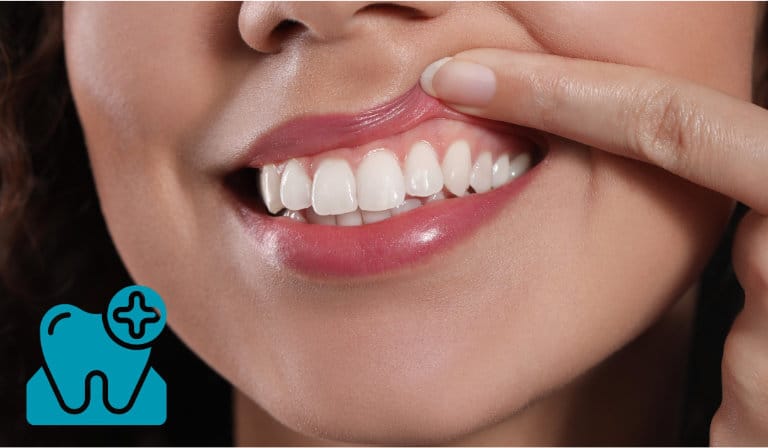
Dentist - Tampa, FL

Gum Disease Treatment: Stages, Procedures, and Maintaining Healthy Gums
Healthy gums are generally pink and anchor the teeth firmly in place. Healthy gums do not bleed or hurt during normal brushing and flossing.
Early forms of gum disease can easily be treated and reversed with daily brushing and flossing and dental checkups every 6 months. Tomlinson Dental can get you on your way to healthy gums. All you need to do is call (813) 209-0338 or request an appointment online and come in for a visit. Your gums will be glad you did!

About Periodontal Disease
Periodontal disease, also known as gum disease, is a progressive infection of the gums that gradually destroys the support structure of your natural teeth. This common condition affects over 80% of Americans by age 45 and, without treatment, can lead to tooth loss.
Dental plaque is the primary cause of gum disease. It is a sticky film filled with bacteria that produce harmful enzymes and toxins, which inflame and injure the gums. Early signs include redness, swelling, and easy bleeding. If ignored, these can lead to deeper pockets forming as the gums pull away from the teeth. These pockets create ideal conditions for bacteria to thrive and harden into calculus (tartar), which builds up both above and below the gumline.
As gum disease advances, the supporting gum tissue and bone begin to deteriorate, ultimately compromising tooth stability. Unfortunately, most people don’t feel pain until the disease is in its advanced stages, making regular checkups essential for early detection and intervention.
While periodontal disease is serious, it’s also highly treatable when caught early. Consistent dental care, professional cleanings, and at-home hygiene can halt its progression, protecting your smile and overall health.

Stages of Gum Disease: Protect Your Smile at Every Stage
Gingivitis is the first step on the gum disease ladder. It happens when toxins, enzymes, and other byproducts from plaque irritate the gums, causing them to feel tender, look swollen, and bleed easily. The good news? With proper brushing, flossing, and a little help from your dentist, gingivitis can be reversed—getting your gums back to a healthy, vibrant state.
When gum disease progresses, it becomes periodontitis, a moderate stage where plaque byproducts start to destroy the bone and tissue that anchor your teeth. At this point, the gums begin to pull away from the teeth, creating pockets that invite even more plaque below the gumline. That’s when things get serious—roots can start to decay, and you may notice increased sensitivity to hot, cold, or even touch. Periodontitis requires more intensive treatment to prevent it from worsening.
Advanced periodontitis is when things hit the danger zone. By this stage, significant gum and bone tissue have deteriorated, and teeth are at real risk. As the periodontal ligament and bone lose ground, teeth may lose their hold and need extraction. Advanced gum disease not only threatens your smile but can also lead to serious health issues elsewhere in the body.
Protect your gums, protect your health—early action makes all the difference.
How Gum Health Impacts Your Whole Body
Gum disease doesn’t just stop at your mouth—it’s got ties to major health risks, including heart disease. Research now shows gum disease might be an even stronger factor in heart health than high blood pressure, smoking, or even cholesterol. That’s big.
Here’s how it happens: when bacteria from infected gums break free, they can travel through the bloodstream and reach your arteries. Once they’re there, it’s trouble. They can cause inflammation just like they do in the gums, leading to plaque buildup in the arteries. This hardening of arteries can slow blood flow and increase the risk of heart attack or stroke.
But that’s not all—periodontal disease has also been linked to complications for people managing diabetes, lung health, and even pregnancy, with risks of preterm birth and low birth weight.
A healthy smile isn’t just about looks; it’s about keeping your whole body healthy, too. So, don’t skip those cleanings and take extra care with your gums—your heart (and more) will thank you!

Schedule an appointment today!